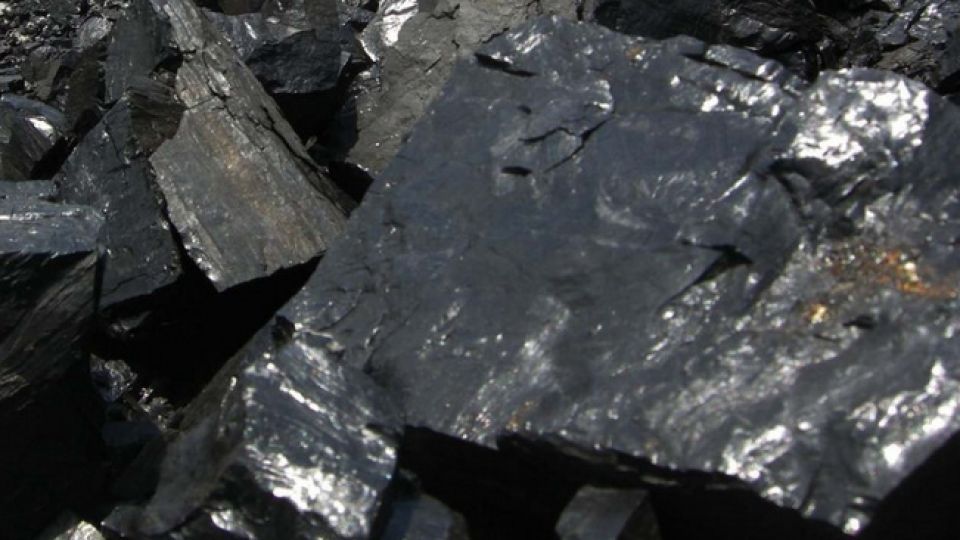June 11, 2024
JAKARTA – Question: What do you call giving a lucrative mining concession to a Muslim organization in exchange for political support? Answer: Halal-certified pork barrel.
The government has come out with one of the most ridiculous policies in the history of this nation, encouraging religious organizations to manage mines to raise funds. This may be puzzling to those unfamiliar with Indonesian politics, since what does religion have to do with mining?
Mining is a capital- and technology-intensive business. It is highly risky not only financially but also in terms of workers’ safety, since it is prone to accidents. Indonesia’s mining lore is full of bloody community conflicts and environmental destruction.
Religion only fits into the picture insofar as it provides spiritual and moral guidance to ensure good governance and safety.
Government Decree No. 25/2024 on mineral and coal mining businesses, which President Joko “Jokowi” Widodo signed at the end of May, allows religious groups to obtain special mining concessions. In fact, they’re first in line if they even apply.
Investment Minister Bahlil Lahadalia quickly followed with an announcement that Nahdlatul Ulama (NU), the country’s largest Islamic mass organization, would be the first to benefit from the new decree and that its mining permit would be issued soon.
He made the announcement even before the President clarified later that the license was subject to strict conditions. In other words, not all religious organizations qualify by default, unless it’s NU.
“You are investing for the hereafter,” quipped Bahlil.
Only God knows the truth of that statement.
Reportedly, NU will be given the mining permit previously held by PT Kaltim Prima Coal in East Kalimantan. If true, this raises moral questions about NU’s commitment to climate change when the whole world is racing to ditch dirty energy.
Apparently, President Jokowi is fulfilling a promise he has repeatedly made since 2021 to NU, a staunch supporter since was elected in 2014. The National Awakening Party (PKB), which has close foundational ties with NU, has been a member of Jokowi’s coalition government for both his two terms, in 2014-2019 and again in 2019-2024.
Significantly, Jokowi made good on his long-standing promise after this year’s presidential race, which saw his eldest son Gibran Rakabuming Raka clinch the vice presidency as Prabowo Subianto’s running mate.
Meanwhile, NU openly supported the Prabowo-Gibran ticket, even as PKB chairman Muhaimin Iskandar contested the election as the VP of rival candidate Anies Baswedan, and the group’s backing was crucial in ensuring the pair’s landslide victory in February.
The mining business decree is clearly and primarily aimed at appeasing NU. No other religious organization has stepped forward to take the offer.
Muhammadiyah, the second-largest Islamic organization, says it is cautiously weighing the negatives as well as the positives getting into mining. The Bishops’ Conference of Indonesia (KWI) says mining is beyond its purview and the Indonesian Communion of Churches (PGI) says it doesn’t have the competency.
Most large religious organizations rely on donations and endowments for funding. Some run nonprofit institutions like schools and hospitals and even if they go into business, they’re more likely small and medium enterprises, rarely something as large as a mining business.
It’s good that most religious organizations have shunned the temptation of getting into mining.
In the 1960s, then-president Soeharto parceled out forestry concessions to relatives and cronies, including military friends, as a way of ensuring their support, virtually carving up the entire nation during his three-decade rule until 1998.
Jokowi is stepping down in October, but all indications point to him staying active in the political scene beyond then. At his disposal are mining concessions to parcel out to buy support or to return favors, and he is unlikely to back down despite public demands to revoke the decree.
But it’s not too late for NU to reject the offer of a mining concession, for the nation’s sake and its own.


